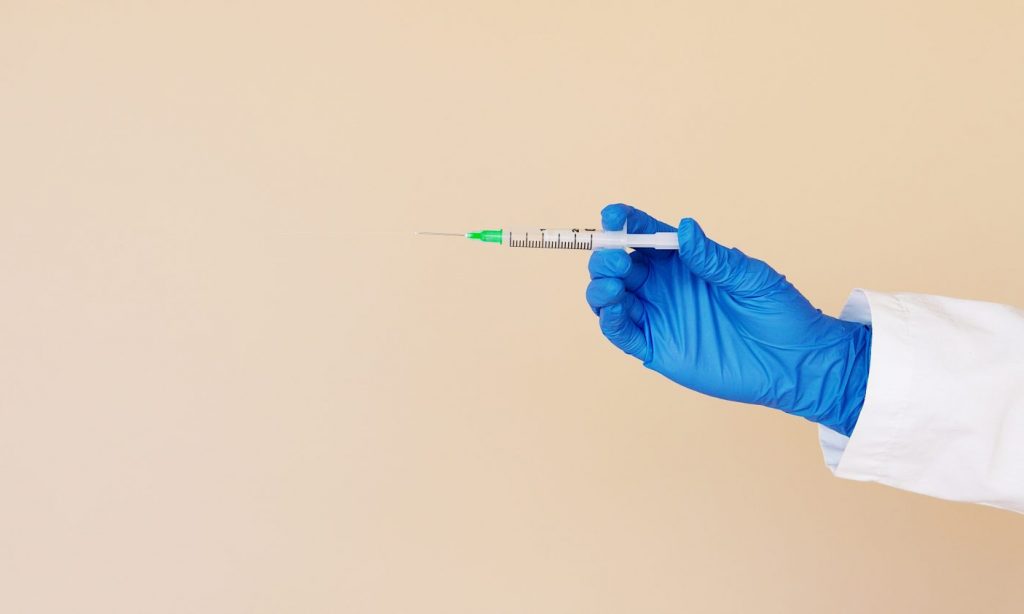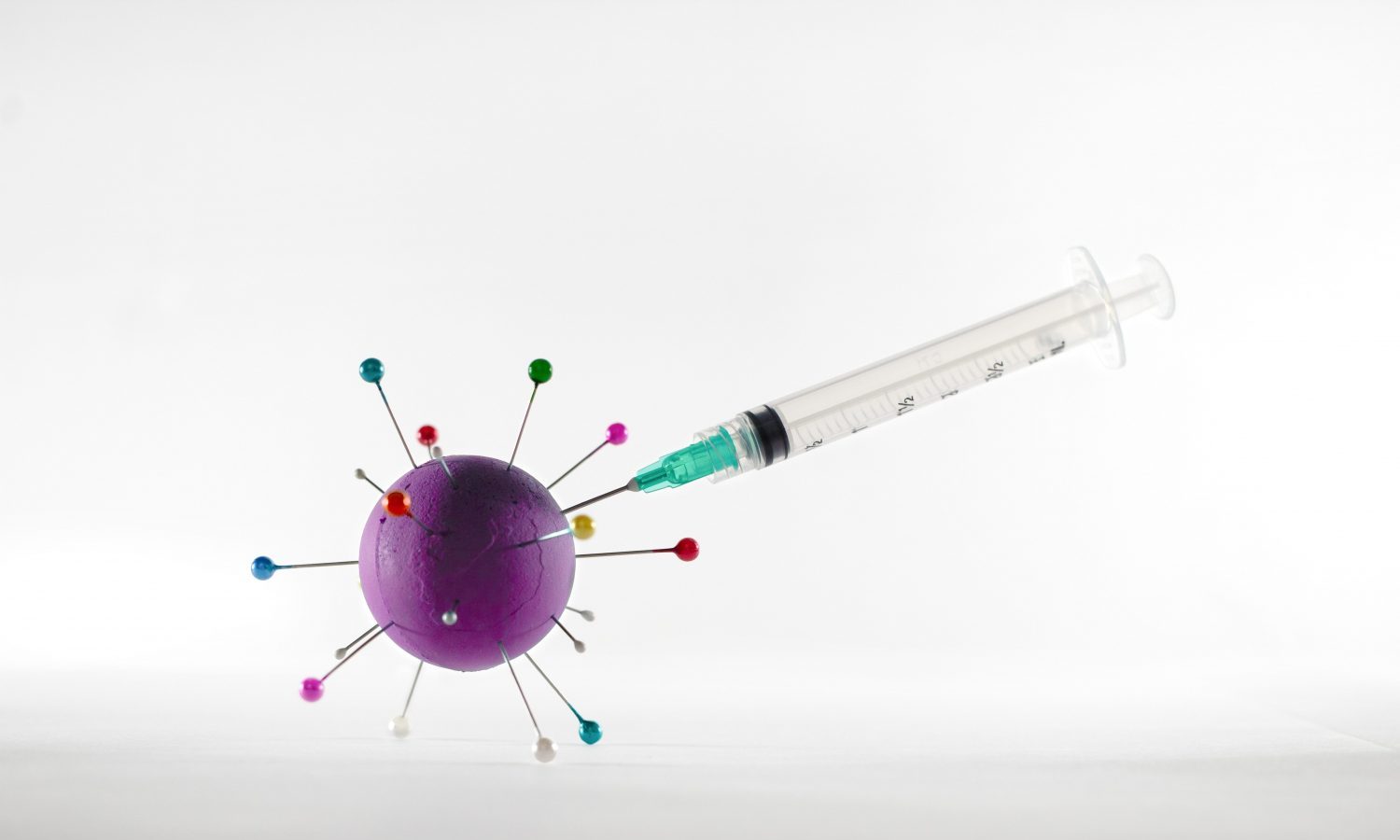The AstraZeneca vaccine is awaiting U.S. approval, but different controversies keep halting its progress.
The AstraZeneca vaccine is one of the most promising vaccines waiting for approval in the U.S. If it’s approved, it would become the fourth COVID-19 vaccine to earn distribution across the country, speeding along the vaccination process and our way back to normalcy.
Early Tuesday, however, the National Institute of Allergy and Infectious Diseases, a panel that oversees U.S. clinical trial safety, released a statement saying that AstraZeneca’s vaccine results may include “outdated and potentially misleading data.” Not reassuring stuff when talking about a vaccine that will be injected to millions of people.
On Wednesday, AstraZeneca provided a follow-up, explaining that, “The numbers published yesterday were based on a pre-specified interim analysis with a data cut-off of 17 February” and that it had “reviewed the preliminary assessment of the primary analysis and the results were consistent with the interim analysis.” They expected to release updated results within 48 hours.

The AstraZeneca vaccine has been approved in different parts of the world, prized for its low price and easy storage capabilities. According to the company’s reports, it has a 79% of efficacy. But despite this encouraging data, the vaccine has been plagued by controversy, with several countries in Europe halting its distribution due to reports of blood clots in 30 patients. Still, European regulators vouched for the vaccine’s safety.
RELATED: Two Things Preventing Herd Immunity Against COVID-19
The New York Times explains that a vaccine with 69% of efficacy would be helpful in curbing the spread of the virus all over the world. They say that the main problem with this scandal lies in its publicity, shattering the public’s trust and creating more space for conspiracies and anti-vaxxer misinformation that would result in less people getting their shots.
RELATED: Here’s What Experts Really Think About Air Travel This Spring
“Any type of thing like this could unfortunately contribute to a lack of confidence in the process,” said infectious disease expert Dr. Anthony Fauci.
The AstraZeneca U.S. vaccine trial had over 32,000 participants and it received funding from the National Institutes of Health, becoming one of the largest trials of its kind. It wasn’t associated with blood clots or any other health conditions. Despite the controversy, the message from experts remain the same: No matter what vaccine is offered, if you get an appointment for a shot, take it.


